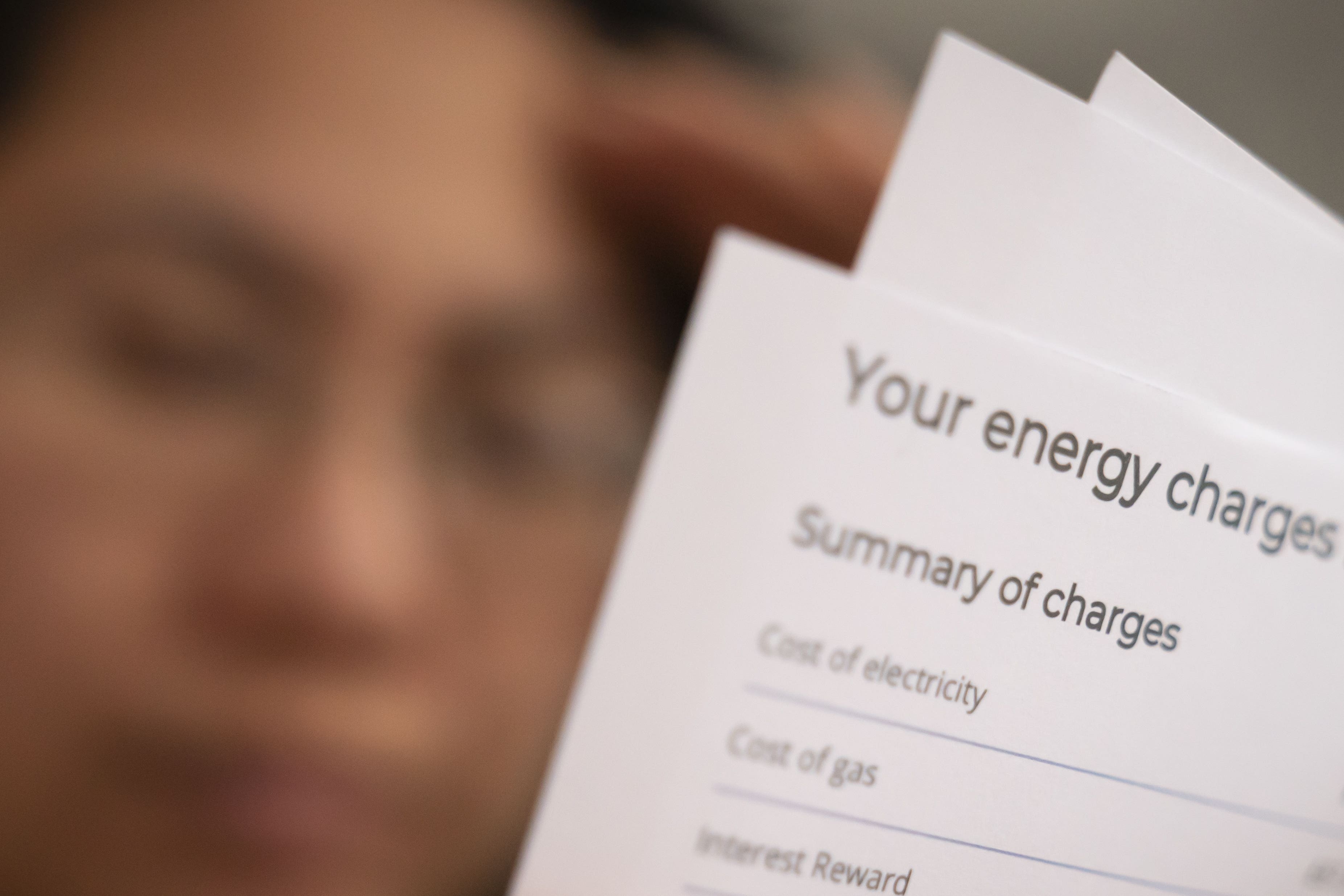Households set to learn of further fall in energy bills
Ofgem is expected to announce that the average household energy bill will drop by around 7% from July 1, when the latest price cap takes effect.

Households are set to learn that their energy bills will fall again in July but remain around 40% higher than pre-gas crisis levels.
Ofgem is expected to announce on Friday that the average household energy bill will drop by around 7% from July 1, when the latest change to the regulator’s price cap takes effect.
Energy consultants Cornwall Insight said they expect the typical household’s energy bill to fall from the current £1,690 a year to £1,574.
This would be £500 less than the cap in July last year, when it was £2,074.
Households are still struggling with bills that are hundreds of pounds higher than pre-crisis levels and estimates suggest bills may rise again as we head into winter
But it is slightly higher than the £1,560 the group previously predicted for July, while Cornwall added it expects Ofgem to increase the energy price cap in October, before dropping it again in January 2025.
Last week, Craig Lowrey, principal consultant at Cornwall Insight, said: “Our projections suggest that from July, the average annual bill will fall by around £500 compared to last summer, offering further relief given the quarter-on-quarter drop seen in April.
“Of course, we must recognise lower prices don’t erase all the problems.
“The very fact we are still seeing bill levels which are hundreds of pounds above pre-crisis levels underscores the ongoing challenges faced by households.”
Ofgem changes the price cap every three months based on several factors, the most important of which is the price of energy on wholesale markets.
The price cap does not limit a household’s total bills, people still pay for each unit of gas and electricity they use – the figures provided are just for an average-use household.
People are turning to loan sharks to pay their energy bills, millions of people are living in cold damp homes and many are experiencing a mental health crisis driven by high bills
On Wednesday, Ofgem chief executive Jonathan Brearley told the Energy Security and Net Zero Committee that prices “are still significantly higher than they were before, and when we look further out our best estimate is that prices are going to stay high and volatile over time”.
Ofgem is currently reviewing the price cap and looking at how it is calculated.
This includes mulling over changes to standing charges, which are fixed daily charges that cover the cost of supply connections.
Jess Ralston, energy analyst at the Energy and Climate Intelligence Unit, said: “Households are still struggling with bills that are hundreds of pounds higher than pre-crisis levels and estimates suggest bills may rise again as we head into winter.
“Whatever colour the next government is, we’ll be heading into a winter still heavily dependent on volatile gas markets, going backwards on our energy independence. The cost of living, driven in part by energy bills, and the UK’s energy security may well be key election issues – so how the parties choose to tackle them will likely be in the spotlight.”
Simon Francis, co-ordinator of the End Fuel Poverty Coalition, said: “Years of staggering energy bills have taken their toll on household finances up and down the country. People are turning to loan sharks to pay their energy bills, millions of people are living in cold damp homes and many are experiencing a mental health crisis driven by high bills.
“With a General Election coming up, voters will rightly be asking politicians what they will do to help people now and to explain their plans to lower energy bills for good.”